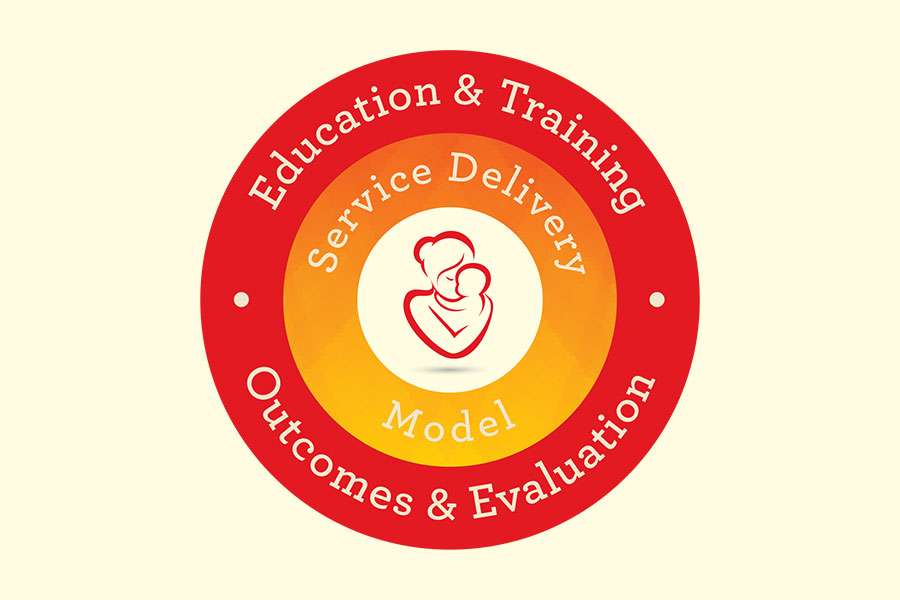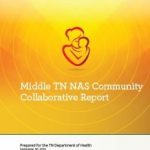Tennessee Neonatal Abstinence Collaborative

Public health, healthcare, child welfare and social service systems co-create a coordinated model of care for babies born with opiate addiction and their mothers.
From 1999-2011, Tennessee saw a ten-fold increase in the incidence of babies born with Neonatal Abstinence Syndrome (NAS), a condition in which a baby has withdrawal symptoms after being exposed to certain substances, primarily opioids. In late 2014, prompted by an incident where an NAS baby was discharged without appropriate supports, representatives from the TN Departments of Health and Mental Health and Substance Abuse Services, Middle Tennessee hospitals and private healthcare providers, as well as social service providers came together to explore a community response. The TN Department of Health (TDH) took the leadership role in coordinating this effort, engaging key healthcare and community stakeholders in this newly formed working group called the Middle TN NAS Community Collaborative.
In 2015, TDH provided initial funding to support the development of a NAS demonstration model in Davidson County. Consilience Group was retained to facilitate a 9-month collaborative design process to engage stakeholders in co-creating a collaborative system and service design. A Nashville-based home visitation program, Nurses for Newborns, provided local project facilitation, guidance, and on-the-ground support of the Collaborative’s efforts.
Impact
The Middle TN NAS Community Collaborative design process built foundation infrastructure and a shared blueprint for collaborative services, with formal work groups now underway to focus on three core components of the demonstration pilot: 1) Development of the pilot service delivery model, which included a care coordination component; 2) Designing NAS-related education and training for the proposed pilot; and 3) Identifying key data points for tracking and evaluation. The group also produced a Learning Document to share with other communities across the state tackling this urgent issue.

